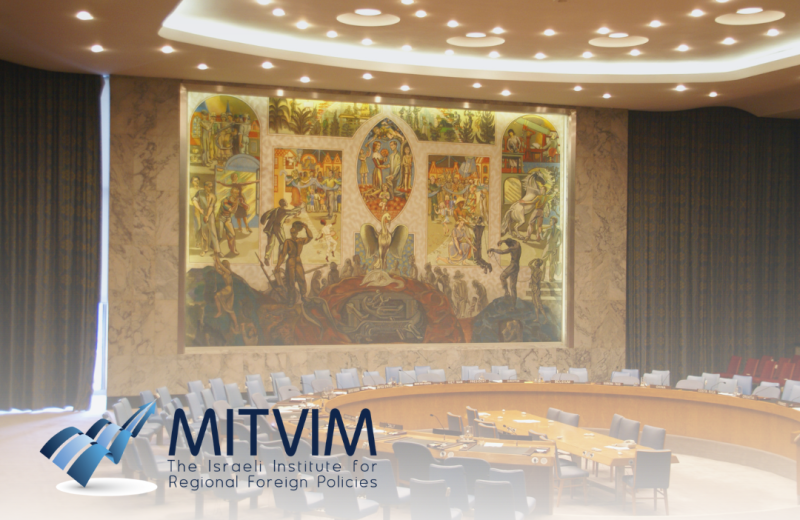 Policy Papers and Reports
/ The Israeli-Palestinian Peace Process
Policy Papers and Reports
/ The Israeli-Palestinian Peace Process
The total stalemate in resolving the Israeli-Palestinian conflict requires new thinking and weaning off of old paradigms. Currently as the result of the Hamas attack on October 7, the ensuring war in Gaza, and the deterioration of security in the occupied West Bank, the relations between the Israelis and the Palestinians are at their worst since 1948 and seem the least conducive to a new a peace process. However, events have demonstrated to the international community that allowing this conflict to fester has had disastrous consequences not only for Israelis and Palestinians, but it has also had far-reaching implications across the region and the rest of the international community. This paper argues that an important step to break the deadlock is recognition of Palestinian statehood by individual countries and by international organizations, in particular the UN Security Council. Such recognition should incentivize both sides to negotiate peace based on a two-state solution, as it would overcome the asymmetry in the negotiations between a recognized state and movement representing its people. It will empower the pragmatic elements in both societies who are invested in peace, and will also send a clear message of sincerity from the international community that a two-state solution is the one it is behind and it will support.


